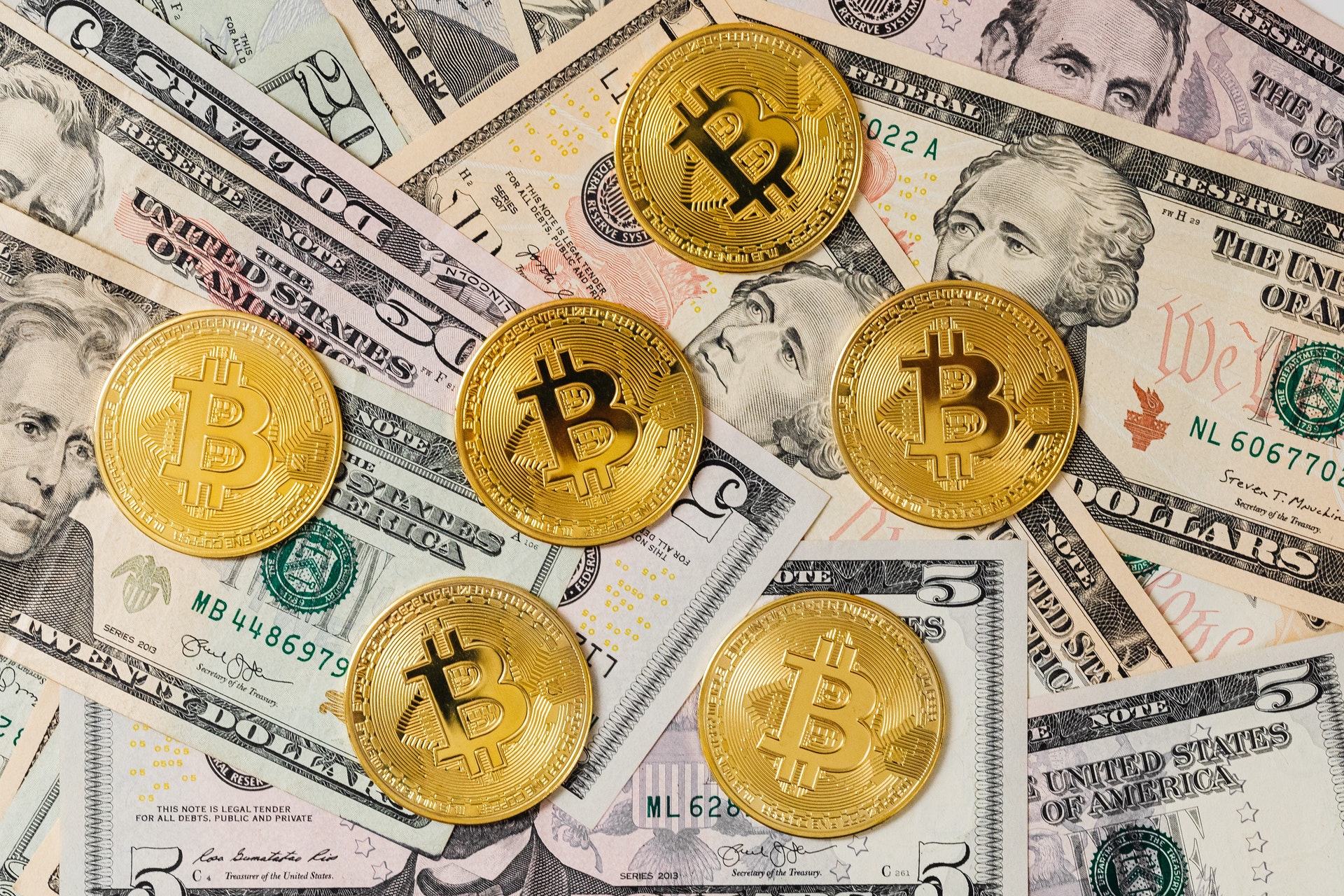
This monthly report goes through the most important cryptocurrency news in September and delves into cryptocurrency news related to different countries in particular.
September in the cryptocurrency market
The prices of many cryptocurrencies with a larger market cap fell during September. Of the cryptocurrencies offered by Northcrypto, the smallest drop was in the price of Bitcoin, which fell just over five percent. The prices of Litecoin and Chainlink ended up just under ten percent lower than at the beginning of the month. The price of Ethereum decreased by a little more than ten percent, while the price of Aave collapsed by as much as 30 percent.
Cryptocurrency news from several countries
In September, there was cryptocurrency news from several countries. There was positive news for cryptocurrencies from El Salvador, Panama and Ukraine, among others. More negative news came from China and Turkey. So let’s go through this news next, as well as cryptocurrency regulation trends and possible future prospects.
Positive news about cryptocurrencies
El Salvador adopted Bitcoin as a legal tender in early September. Bitcoin is now, alongside the dollar, El Salvador’s second official currency, accepted by all merchants as a payment method. However, it is good to note that merchants are not forced to own Bitcoin, as it is possible to convert bitcoins into dollars upon receipt of payment. So now in El Salvador, it is possible to pay with bitcoins in major global chains like McDonald’s, Pizza Hut and Starbucks. For example, McDonald’s implements Bitcoin payments in partnership with OpenNode, a California company that processes Bitcoin payments. One might wonder whether accepting Bitcoin globally at McDonald’s restaurants would no longer be very challenging.
In El Salvador, the majority of Bitcoin payments are made using the Bitcoin wallet app Chivo that was launched by El Salvador. Transfers from the wallet take place on the Lightning Network, which operates on top of Bitcoin, where Bitcoin transfers are virtually immediate and cost-free. The popularity of the Lightning Network has grown at a tremendous rate this year and El Salvador is further increasing the popularity of the network. Just over three weeks after its release at the end of September, more than 2.7 million El Salvadorans have begun to actively use Chivo and thus the Lightning Network. This means that in El Salvador, Bitcoin has more users than all the banks combined.
In addition to becoming the first country to adopt Bitcoin as its official currency, El Salvador is also the first country known to have purchased Bitcoin. When Bitcoin was made legal tender, President Nayib Bukele announced that El Salvador had purchased 400 bitcoins. However, since then the country has already "bought a dip" twice, which means, buying more Bitcoin after its price drops. At the end of September, El Salvador owned 700 bitcoins worth just over € 25 million at the time.
Panama, another Central American country, may be the next country to make similar moves to El Salvador. In Panama, the day after El Salvador made Bitcoin legal tender, a bill was presented in which cryptocurrencies would become an alternative payment method in the country. If passed, the bill would not be limited to only Bitcoin as it would also include other cryptocurrencies. Also, it would be possible for Panamanians to pay their taxes in cryptocurrencies.
In the same week as El Salvador, Ukraine also made positive progress on cryptocurrency legislation. The country adopted a law regulating and legalizing cryptocurrencies in Ukraine. It is important to note, however, that the law does not make cryptocurrencies legal tender, as in El Salvador. The law clarified the position of cryptocurrencies in the country, as previously the ownership of cryptocurrencies was legally in a very gray area in Ukraine. In addition, Ukraine announced plans to open the cryptocurrency market to companies and investors next year, which will further improve the position of cryptocurrencies in the country.
Negative statements and actions on cryptocurrencies
Last month, we also saw more negative statements and actions on cryptocurrencies. In Turkey, President Recep Tayyip Erdoğan was asked for his opinion on cryptocurrencies and he said the country has no intention of adopting cryptocurrencies. He added that Turkey is at war with cryptocurrencies because the country wants to move forward with its own currency, the Turkish lira. Turkey currently has very high inflation, with annual inflation close to 20% in August. Inflation in Turkey has risen sharply since President Erdoğan fired the Governor of the Central Bank of Turkey in March. The popularity of cryptocurrencies has been growing strongly in Turkey, partly due to high inflation. According to a survey conducted by the Turkish cryptocurrency trading platform Paribu, the use of cryptocurrencies in Turkey had increased tenfold from 0.7 percent in July 2020 to 7.7 percent in July 2021.
Cryptocurrency prices dropped at the end of the month partly due to news that China had banned all cryptocurrency-related services and transactions. China has been trying to ban cryptocurrencies many times since 2013. For example, in June this year, China banned the mining of cryptocurrencies in the country. In the case of both Turkey and China, it is good to note that neither is generally considered to be a very democratic or freedom-loving country at the moment. Bitcoin and cryptocurrencies are likely seen as a threat due to the freedom and decentralized nature they bring to the centrally controlled and supervised central bank digital currencies being developed in both countries. For example, in the test phase of the Chinese digital yuan, some of the yuans had an expiry date. On the expiry date, yuans became worthless because that was a way to force people to consume.
Trends in the use and regulation of cryptocurrencies and possible future prospects
There are clear trends in the use of Bitcoin and cryptocurrencies. South and Central American countries, especially those affected by the unprecedented central bank monetary policy pursued since the beginning of the pandemic, are considering cryptocurrencies as an alternative to fiat currencies. The use of cryptocurrencies has also increased recently in many less developed countries, where people do not have access to a bank account, for example. In addition, the popularity of cryptocurrencies has been growing in many high-inflation countries, where cryptocurrencies are seen as a better store of value than these currencies with high inflation. Prohibitions on cryptocurrencies, in turn, have focused on authoritarian countries, which often seek to restrict, for example, the individual freedom that cryptocurrencies can increase.
There is still very little regulation of cryptocurrencies in Europe and North America. It will be interesting to see what kind of regulation of cryptocurrencies will be seen in the near future in these Western countries. Especially after China’s recent bans on cryptocurrencies, it would seem logical for Western countries to seek to differentiate themselves from authoritarian China through cryptocurrency-friendly legislation. After all, Western society was originally built in accordance with the values underlying many cryptocurrencies, such as openness, transparency and free competition.
Ville Viitaharju
Cryptocurrency specialist
Last updated: 14.03.2022 13:44




